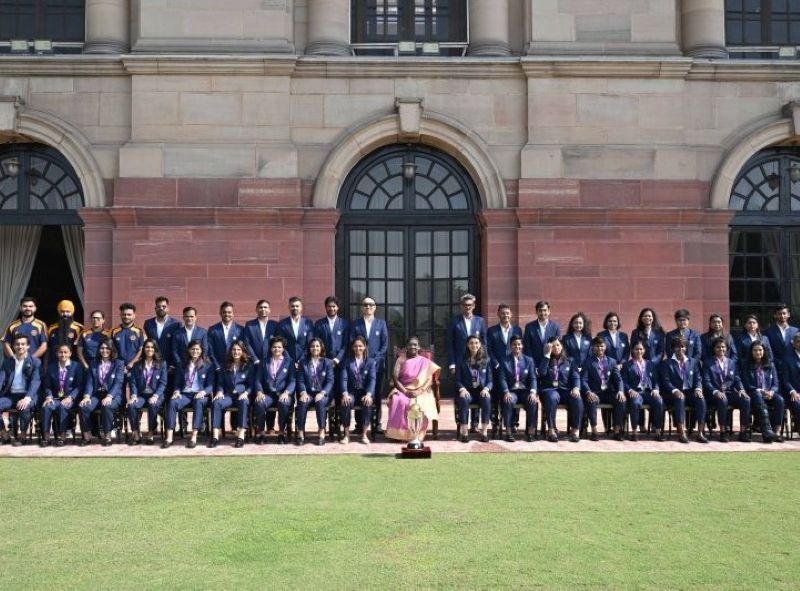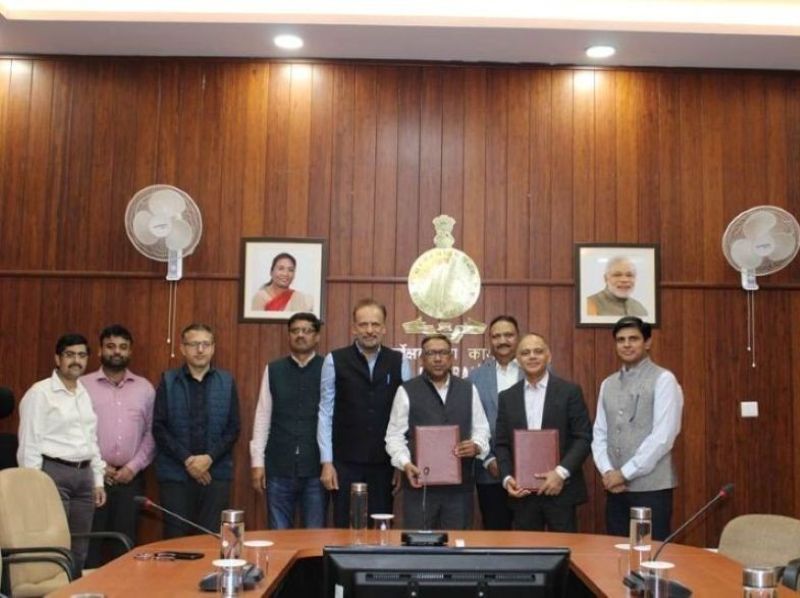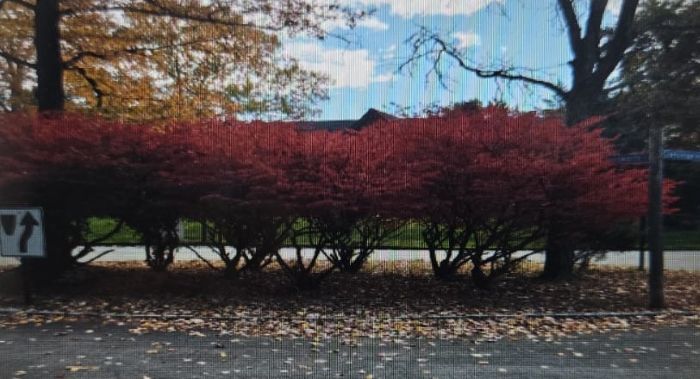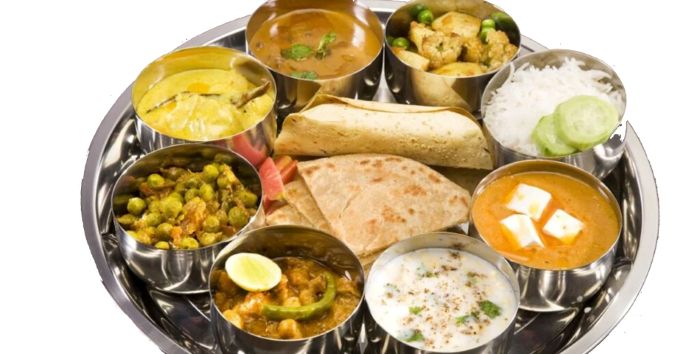When the kettle quiets and the last cup is poured, what remains is not merely warmth on the tongue, but a trail of thought — of centuries steeped in leaves, labour, and longing. The story of tea began in mist and meditation, in the still groves of Yunnan and the ink of Chinese poets. It crossed oceans, gathered empires in its wake, and settled into the pulse of everyday life — so gently that we forgot how much it changed us.
In tracing tea’s journey, we have also traced the story of human desire — for calm, for connection, for commerce. A leaf became a lifeline of empire, a symbol of civility, a currency of power. And yet, beneath the grandeur of clipper ships and plantations lay humbler truths: the workers bent over slopes in Assam, the forests cleared for monocultures, the other brews and botanicals that fell silent. Every sip, however comforting, carries the faint taste of this forgetting.
India, perhaps, absorbed the paradox most completely. The land of countless beverages — of buttermilk and barley water, of herbal infusions and fermented rice — became, within a century, the world’s largest tea-drinking nation. A borrowed leaf became a national habit, and the act of drinking itself was simplified, standardized, sweetened. The old rhythms of seasonal wisdom gave way to the clockwork of the kettle. The empire ended, but the empire’s drink remained.
And yet, tea also became a canvas for renewal. India made it her own — milked and spiced, shared and shouted from roadside stalls. In its transformation from a colonial commodity to the common cup of companionship, tea bridged inequalities and invented new intimacies. The same leaf that once divided now unites. Every glass of chai passed from hand to hand is a quiet defiance against hierarchy — an empire unmade through everyday warmth.
Still, to love tea fully is to see it whole — not as a miracle untouched by history, but as a mirror of it. The clinking of the glass echoes the clatter of the past; the comfort it brings sits atop layers of displacement and adaptation. To drink mindfully is to acknowledge both the gift and the cost. For what was lost was not only diversity of drink, but a diversity of thought — the sense that nourishment could be local, plural, impermanent. In the rush to global taste, we traded memory for uniformity. To recover that memory is to taste the patience of the clay pot, the ingenuity of the kitchen, the fragrance of herbs once gathered at dawn.
The journey of tea, then, is not over. It continues each morning, in the rising curl of steam, in the small pause it grants between motions of the day. Perhaps the task before us is not to unmake tea’s empire, but to remake its meaning — to let every cup remind us of what connects the human hand to the leaf, the land to the spirit. If I were to invoke Kabir, who said,
"जल में कुम्भ, कुम्भ में जल है, बाहर भीतर पानीi"
“The pot is in the water, the water is in the pot — inside and outside, all is water.”
So too with tea, or for that matter any beverage anywhere in the world. The leaf and the world are not apart. The journey outward is also a journey inward — into the depths of what it means to cultivate, to prepare, to consume, to remember. And so, to recover what was lost is not to reject tea, but to remember the fullness from which it sprang — the wild leaf, the human hand, the quiet of the morning before commerce began. For in tracing the journey of tea, we have really traced the journey of ourselves — from the wild to the cultivated, from the local to the global, from remembrance to routine.
Yet every sip still holds a whisper of the leaf’s first forest, the rain that nourished it, the hand that plucked it. To taste that memory is to begin again — not with empire, but with wonder. May that wonder guide us to rediscover and revive the forgotten brews of our lands — the buttermilks and barley waters, the herb, the flower, and the grain — not in opposition to tea, but alongside it. So that humanity, once bound by one leaf, may now be united in the abundance of many — in a future where every cup, whatever its brew, is an act of remembrance, renewal, and choice.
(Uday Kumar Varma is an IAS officer. Retired as Secretary, Ministry of Information & Broadcasting)
.jpg)
 Uday Kumar Varma
Uday Kumar Varma 
















Related Items
3 missing Indians in Iran traced: Embassy
'What you desire will happen': Rajnath Singh amid India-Pak tensions
Middle East on boil as Hezbollah strikes Israel